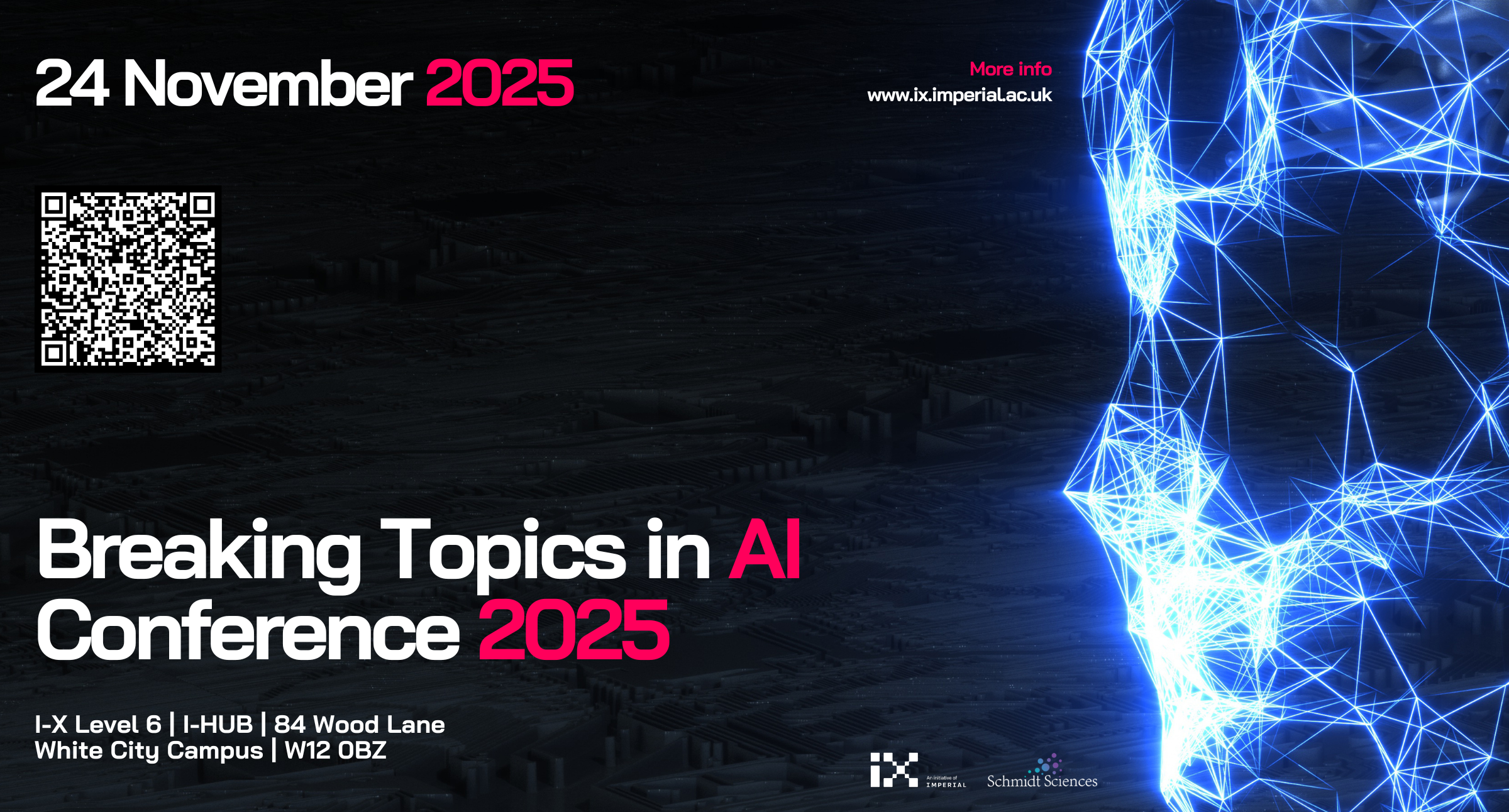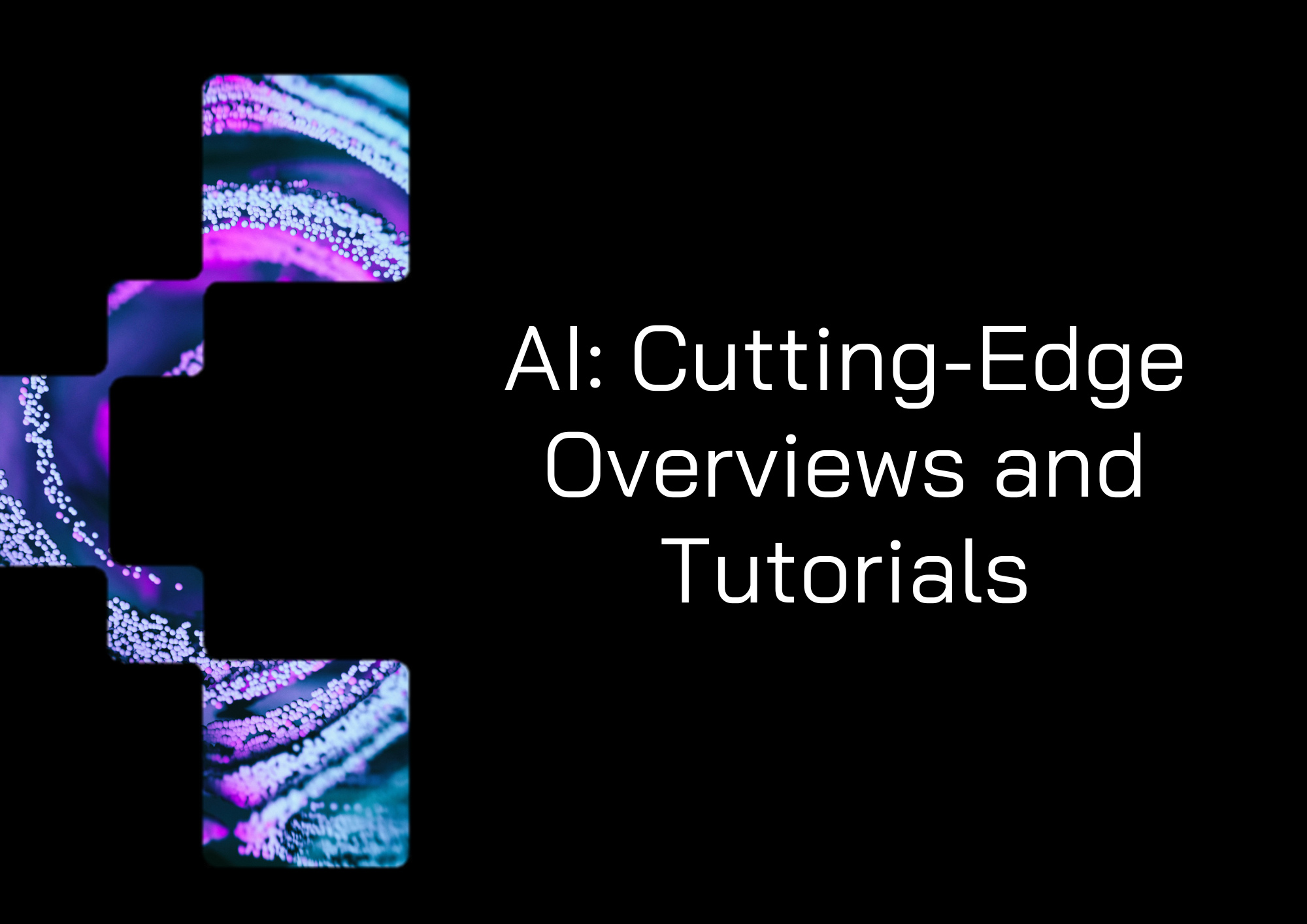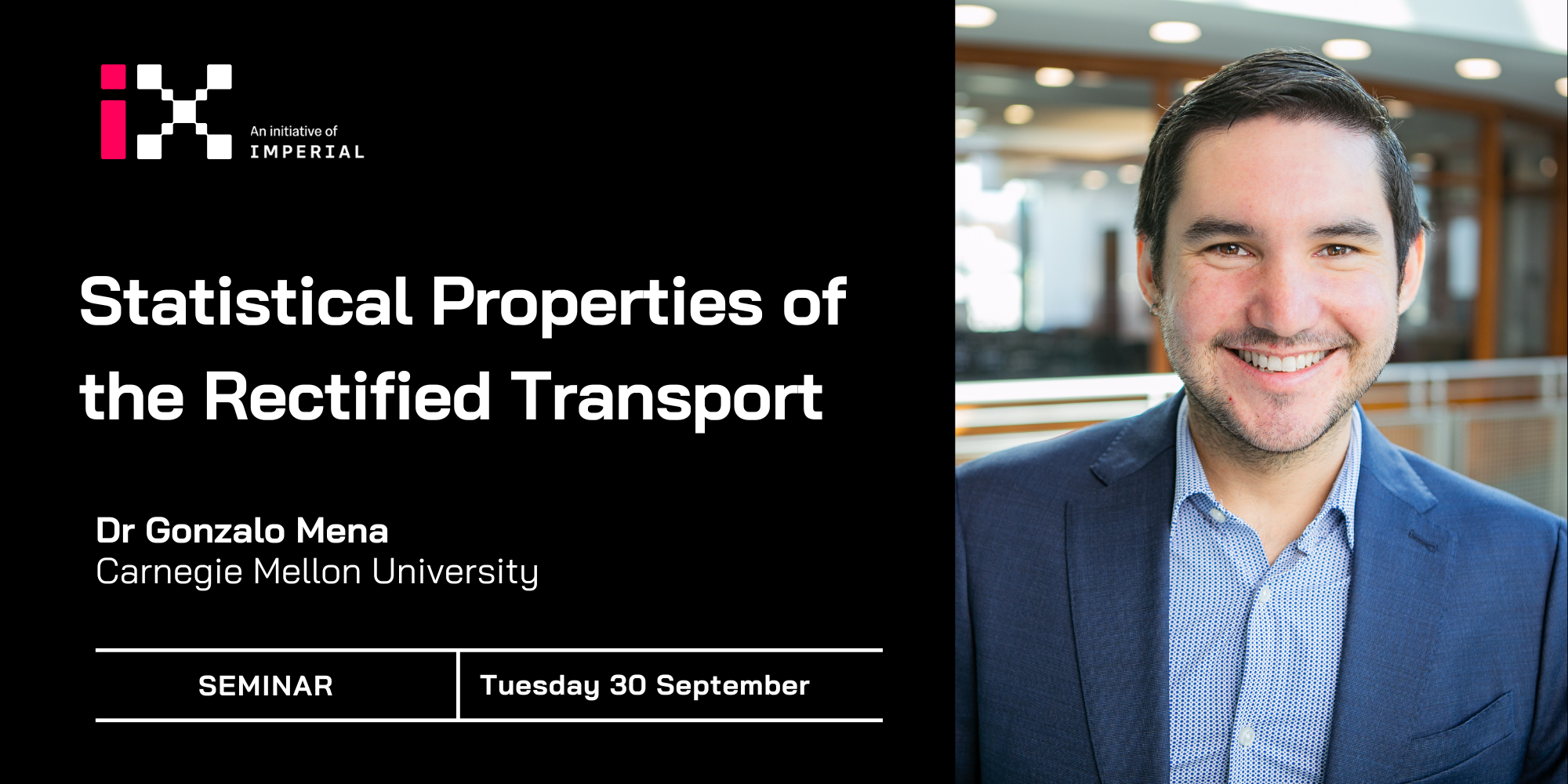Professor Terry Lyons
Professor Terry Lyons is the Wallis Professor Emeritus and Professor of Mathematics at the University of Oxford and visiting Professor at Imperial College London. He is currently PI of the DataSıg program (primarily funded by EPSRC), and of the complementary research programme CIMDA-Oxford. He was a founding member (2007) of, and then Director (2011-2015) of, the Oxford Man Institute of Quantitative Finance; he was the Director of the Wales Institute of Mathematical and Computational Sciences (WIMCS; 2008-2011). He came to Oxford in 2000 having previously been Professor of Mathematics at Imperial College London (1993-2000), and before that he held the Colin Maclaurin Chair at Edinburgh (1985-93).
Professor Lyons’s long-term research interests are all focused on Rough Paths, Stochastic Analysis, and applications to the use of data science with streamed data particularly to finance, healthcare, human computer interfaces and more generally to the summarising of large complex data. More specifically, his interests are in developing mathematical tools such as neural rough differential equations and software tools like RoughPy that deal with mathematical operations like shuffle product and logarithm for elements of the tensor algebra. These tools, and rough analysis more generally, can be used to effectively model and describe high dimensional systems that exhibit randomness as well as the complex multimodal data streams that arise in human activity. Professor Lyons is involved in a wide range of problems from pure mathematical ones to questions of efficient numerical calculation. DataSıg is a project that bridges from the fundamental mathematics to application contexts where novel techniques for analysing streamed data have potential to contribute value; these contexts include mental health, action recognition, astronomy, cybersecurity, … The CIMDA-Oxford research partnership aims to address a broader range of mathematical and engineering challenges arising from multi-dimensional big data.



